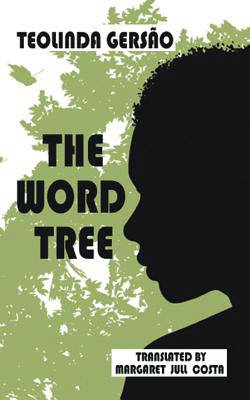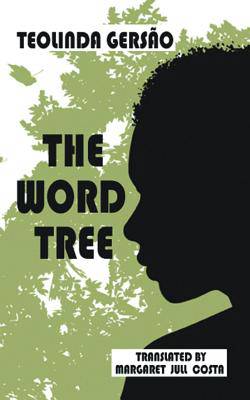
- Afhalen na 1 uur in een winkel met voorraad
- Gratis thuislevering in België vanaf € 30
- Ruim aanbod met 7 miljoen producten
- Afhalen na 1 uur in een winkel met voorraad
- Gratis thuislevering in België vanaf € 30
- Ruim aanbod met 7 miljoen producten
Zoeken
Omschrijving
Teolinda Gersa£o paints an extraordinarily evocative picture of childhood in Africa and the stark contrast between warm, lush, ebullient Mozambique and the bleak, poor, priggish Portugal of Salazar.
'Salazar's forty-year dictatorship in Portugal and that country's colonial wars in Africa cast their long shadow over Teolinda Gersao's The Word Tree. This is the first of Gersao's novels to be translated into English. As the Mozambican Laureano reflects, ' the men crossing the sea from Lisbon didn't want that absurd war either'. Laureano's wife Amelia had come to the country from Portugal in search of a better life, but mentally never leaves her homeland, whereas her daughter Gita loves the country and grows up to resent the colonial presence. There are lush descriptions of the country, while the racial order is starkly spelt out: Amelia 'clings to the belief that fair-skinned people are the very top of the racial hierarchy, and that dark-skinned Portuguese people are almost at the bottom, just above the Indians and the blacks'.
Adrain Tahourdin in The Times Literary Supplement
Margaret Jull Costa's translation was awarded The Calouste Gulbenkian Portuguese Translation Prize for 2012.
'Salazar's forty-year dictatorship in Portugal and that country's colonial wars in Africa cast their long shadow over Teolinda Gersao's The Word Tree. This is the first of Gersao's novels to be translated into English. As the Mozambican Laureano reflects, ' the men crossing the sea from Lisbon didn't want that absurd war either'. Laureano's wife Amelia had come to the country from Portugal in search of a better life, but mentally never leaves her homeland, whereas her daughter Gita loves the country and grows up to resent the colonial presence. There are lush descriptions of the country, while the racial order is starkly spelt out: Amelia 'clings to the belief that fair-skinned people are the very top of the racial hierarchy, and that dark-skinned Portuguese people are almost at the bottom, just above the Indians and the blacks'.
Adrain Tahourdin in The Times Literary Supplement
Margaret Jull Costa's translation was awarded The Calouste Gulbenkian Portuguese Translation Prize for 2012.
Specificaties
Betrokkenen
- Auteur(s):
- Uitgeverij:
Inhoud
- Aantal bladzijden:
- 204
- Taal:
- Engels
- Reeks:
Eigenschappen
- Productcode (EAN):
- 9781903517888
- Verschijningsdatum:
- 1/08/2013
- Uitvoering:
- Paperback
- Formaat:
- Trade paperback (VS)
- Afmetingen:
- 124 mm x 196 mm
- Gewicht:
- 217 g

Alleen bij Standaard Boekhandel
+ 44 punten op je klantenkaart van Standaard Boekhandel
Beoordelingen
We publiceren alleen reviews die voldoen aan de voorwaarden voor reviews. Bekijk onze voorwaarden voor reviews.











